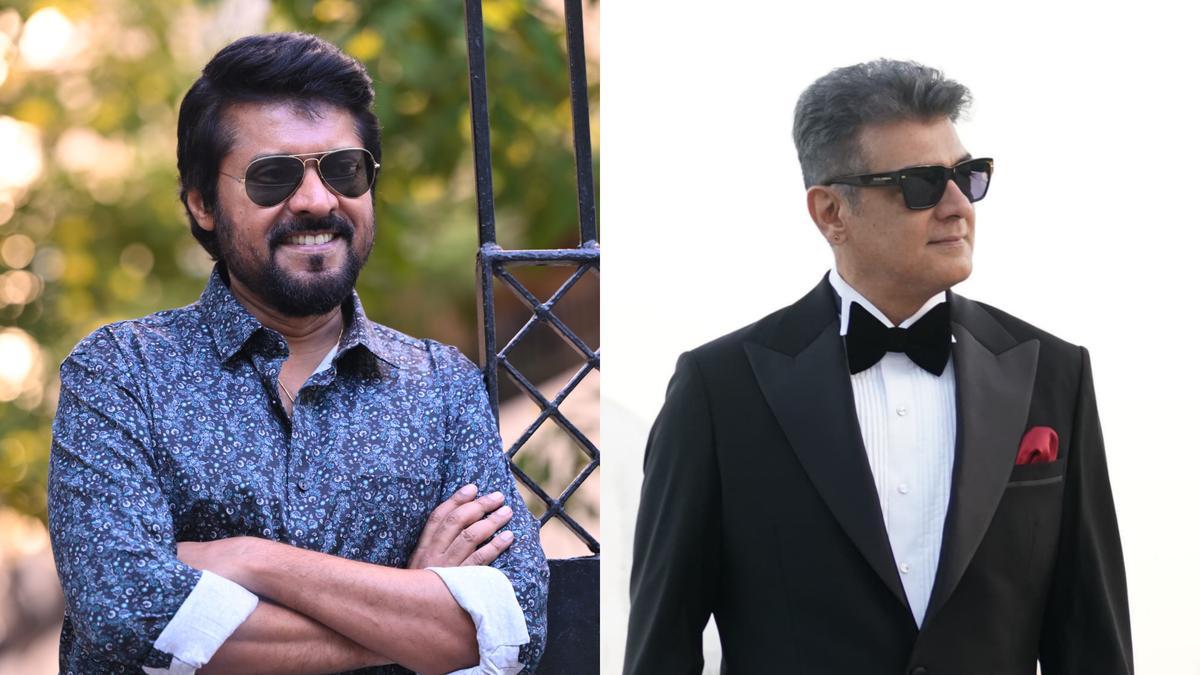
As the Grammy Awards approach this Sunday in Los Angeles, a significant milestone spotlights the global influence of Nigerian talent; only one nominee in the newly minted Best African Music category hails from outside Nigeria. This dominating presence underscores a broader cultural phenomenon: Nigeria’s “soft power” is waxing strong across the world through the vibrant beats of Afrobeats, the standout genre that is propelling Nigerian artists to international acclaim.
Burna Boy, Ayra Starr, and their compatriots, representing the pulse of Nigeria’s music scene, are far from being local heroes confined to the bustling ambiance of Lagos. The playlist of a Parisian hotel or the soundtrack in a Mexico City club frequently vibrates with ‘naija’ rhythms, proof of Afrobeats’ transcending borders and burrowing into global consciousness.
Even before the Grammys turned their spotlight on Afrobeats, Nigerian stars had packed London’s O2 Arena and fostered musical partnerships with the likes of Selena Gomez and Drake. Record executive Obi Asika, who has recently been named director of the National Council for Arts and Culture, perceives this attention as more than a fleeting interest. “Some people think it is a wave, I think it is the beginning of the future. What has happened is the soft power has kind of evolved on its own,” he states. This encompasses a cultural package – fashion, dance moves, and a distinctive attitude, all orbiting around the gravity of the music.
Burna Boy, praised for his fusion of Nigerian pidgin and Yoruba into mesmerizing melodies, is a prime exemplar of Nigeria’s musical prowess. A Grammy winner already, Burna Boy carries four nominations this year. The scene is vibrant with diversity, as artists like Asake and Olamide vie for awards with tracks influenced by South Africa’s Amapiano genre. Davido’s triple nomination, featuring his work “Unavailable”, and Ayra Starr’s “Rush” demonstrate the depth and breadth of Nigerian talent.
Reflecting on the Grammy’s recognition of African music, Davido speaks to France24 with a sense of inevitability turned to reality: “African music has been dominant for years if you are asking me if we should have gotten recognition since? Definitely.”
The Grammy category dedicated to African music is hailed as overdue by industry professionals like music executive Motolani Alake. Its establishment is seen as not merely a win for Nigeria but a triumph for Africa. While Afrobeats might seem like a recent sensation, it’s a genre that has been nurtured over more than a decade, only recently garnering a fervent international following.
Echoes of the legendary Fela Kuti, who in the 1970s captivated audiences with his pioneering Afrobeat sound and charisma, can still be felt in today’s music. Additionally, Nigerian emigrants, scattered throughout the UK and the U.S., have become cultural ambassadors, effectively setting the stage for Afrobeats to charm a worldwide audience.
Nigeria’s population dynamics also play a role in Afrobeats’ rise. With an estimated 200 million people, half of whom are under 30, there’s a young, energetic audience ready to be the face and voice of a cultural renaissance. Music historian Ed Keazor highlights the influence of Nigeria’s vast diaspora in fostering the genre’s popularity. Siya Metane from SlikourOnLife points to the strategic collaborations and geographical proximity to cultural hubs like London as catalysts for Afrobeats’ global appeal.
Despite the celebration, some voices, such as Chocolate City CEO Abuchi Ugwu, remind us that African music’s diversity warrants a broader recognition beyond the Afrobeats genre, calling for African artists to compete globally across all categories, not just within a prescribed box.
The surge in Nigerian creativity is not limited to music. Nollywood, the country’s prolific film industry, is carving out a spot on the international stage, with initiatives like the Oscars Academy inviting Nigerian filmmakers into their fold.
All eyes are on the Grammys as Nigeria continues to export its culture through catchy tunes and compelling narratives, but this is only a glimpse of the nation’s artistic potential waiting to be embraced on the global front.










